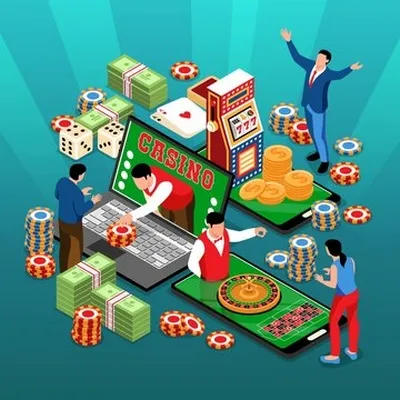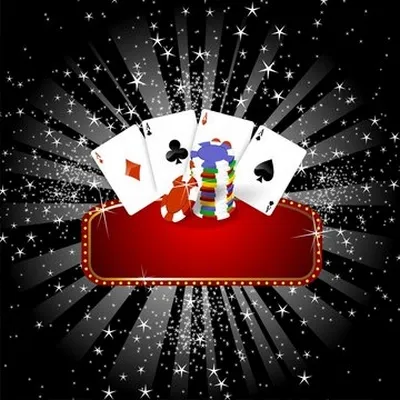chuva online sp
$34786
chuva online spAnother important factor is money management. Never bet all your money on one bet. Divide your bet into several bets and bet on different matches to minimize the risk. You may lose some matches, but if you know how to manage your money properly, you can continue to participate and wait for the opportunity to make a profit.
Some players believe that counting the cards that have been dealt can help them predict the outcome. However, this is difficult and not guaranteed to be accurate. Betting on the "Banker" always has the highest winning rate, but there is no way to guarantee a 100% win.
Product description

chuva online spBetting platforms such as Go88, Sunwin and 789Bet also provide players with useful tools to track betting results, analyze odds and update information about sports matches. These services help players easily grasp information and make more accurate betting decisions. Some bookmakers even provide live betting services, where players can bet while the match is taking place, creating a more interesting and exciting experience.
In addition to sports betting, bookmakers also offer online casino games, allowing players to play tables such as blackjack, roulette, baccarat, poker, and many more right from their computers or mobile devices. These games are not only exciting, but also offer the chance to win big prizes, especially when participating in live casino events, where players can interact directly with dealers and other players via live video.

To maximize your chances of winning, players should also look for betting tools, such as odds analysis software or prediction websites. These tools can provide in-depth insights and analysis into sports matches, helping players make more informed betting decisions.
Gambling, or betting, is an activity that humans have been involved in for thousands of years. From simple games to grand casinos and modern online sports betting, this industry has gone through a long journey of development. The following article will review important milestones in the history of the betting industry. Betting is not a new concept, but has existed since ancient civilizations. Archaeological evidence shows that, as early as the Babylonian and Egyptian periods, people participated in games of chance, often in forms of betting involving cards or dice games. Betting in Greece and Rome: Ancient Greek and Roman civilizations organized horse races and sports competitions, where people could bet on the outcome of events. Chariot races in Rome and arena sports were among the earliest forms of betting known to mankind. These games were not only part of the entertainment culture but were also associated with religious beliefs and rituals. Dice and card games were also used as a form of betting from this period, although there was no formal system or rules. Cards in particular appeared in China around the 9th century and gradually spread to other regions such as India and Europe. Betting flourished in Europe in the 17th and 18th centuries, when casino games began to become more popular. The first casino opened in Venice, Italy in 1638. This was the first place with formal betting organization and procedures. The first casinos mainly served the nobility and the wealthy, and were only open on special occasions such as festivals. The first casino in Venice (1638): The first casino opened in Venice, Italy in 1638. This was the first place with formal betting organization and procedures. The first casinos catered mainly to the nobility and the wealthy, and were only open on special occasions such as festivals. Horse racing betting: Horse racing was one of the first popular forms of sports betting and began to become part of the betting culture in Europe in the 18th century. The first horse races were held in England, where a strong horse racing industry developed, with famous races such as The Derby. Gambling and sports competitions: In the 19th century, gambling games at casinos and sports competitions such as football and horse racing began to become popular events that people bet on. In the 20th century, the betting industry continued to thrive, especially after countries began to legalize and regulate the industry. The city of Las Vegas in the United States emerged as the "gambling capital" of the world in the 1930s when Nevada legalized casino games. Las Vegas casinos have become an icon of the gambling industry, attracting tourists and gamblers from all over the world. Famous venues such as the Bellagio, Caesars Palace and The Venetian have become symbols of luxury and the gambler's lifestyle. Sports betting officially flourished in the 1940s and 1950s, especially in Las Vegas casinos. Sports such as football, basketball, and horse racing began to attract the attention of bettors. By the late 20th century, sports betting had gone beyond entertainment and had become a professional industry with major organizations and tournaments, such as the Super Bowl (USA) and the Premier League (UK).










